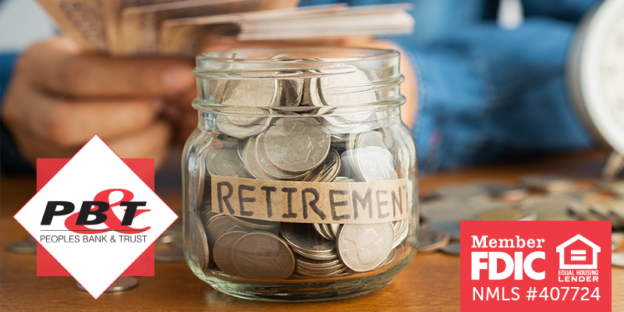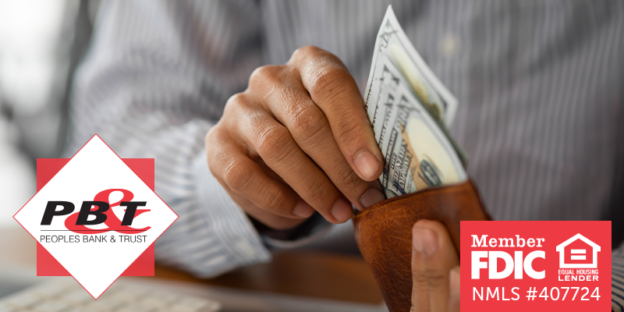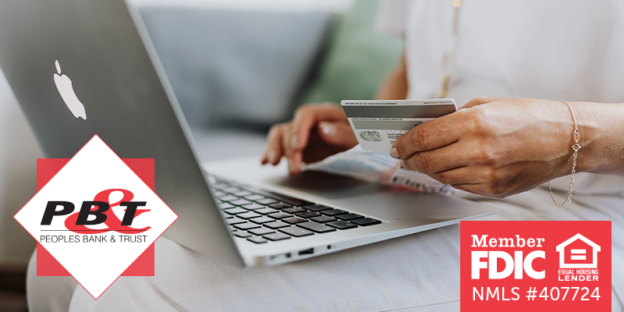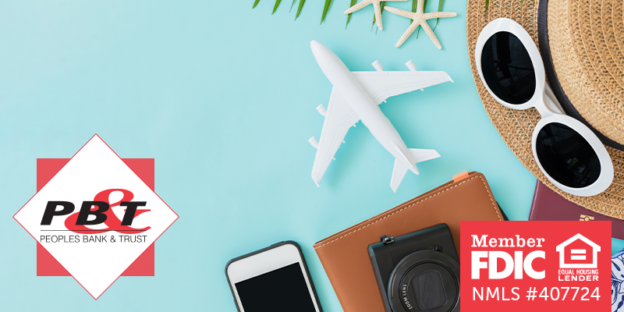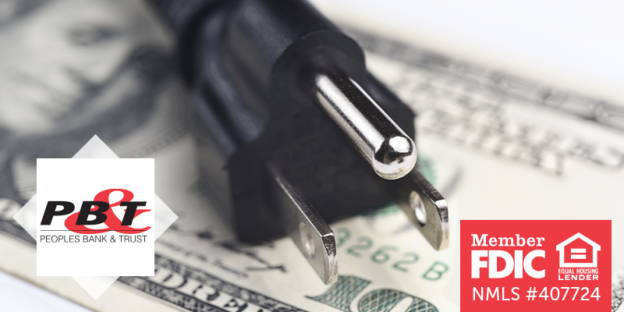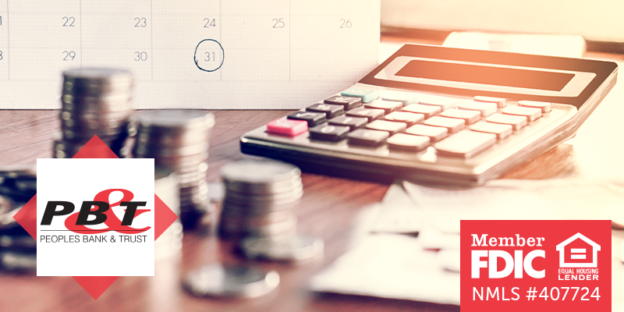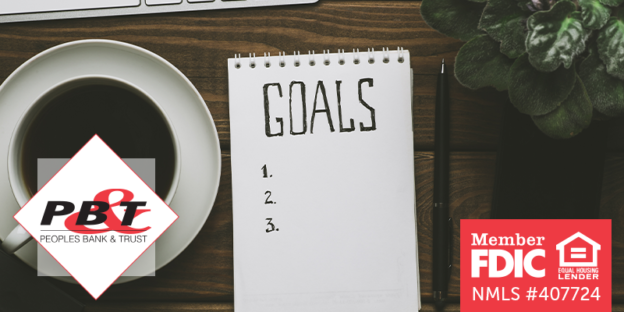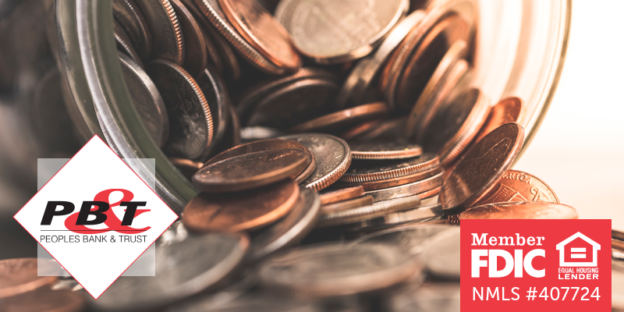Even though it may seem far off into the future, it is never too early to start saving for retirement. If you have an idea of what you want your retirement to look like, it makes it much easier to plan for it and set goals in order to reach that vision. Here are some tips on how you can look ahead toward retirement savings.
Set Your Goals
After all your years of hard work, you’re looking forward to some rest and relaxation—but how will you finance it after you retire? Are you looking forward to traveling the world or just don’t want to worry about finances while you’re hitting the links? Envisioning what you want your lifestyle to look like and when you want to retire will help you determine how much you should put away for retirement.
Find Out How Much Money You Need
Use a retirement planner tool to determine how much income you may need in retirement. You’ll need to enter in your current annual income, how often you’re paid, pre-tax contribution to your retirement account, current retirement savings, estimated Social Security benefit, current age and desired retirement age. You can also adjust your contribution to see how the numbers change.
Save and Invest
Most experts say 10-15% of your income should go toward retirement. If you aren’t comfortable doing that right now, save what you can and increase it 1% every year until you can reach that goal. There are a variety of retirement plans you can enroll in; we’ve listed some of the most common options below.
- Company sponsored plans such as 401(k), 403(b)
- Individual Retirement Accounts (IRAs)
- Roth IRA
- Various investments such as mutual funds, stocks, bonds
Make Up the Difference
If there is a difference in what you’re saving now and what you may need for the future, there are many options for you to make up the difference.
- Increase your deferral into your 401(k) retirement plan. Figure out how much it costs per week to increase the deferral by 1%. Then, continue to bump that number up as needed. A great time to do this is when you get a promotion or raise.
- Make annual contributions to an IRA. This is similar to a 401(k) as it allows you to invest for the long-term and pay taxes on earnings later.
- Contribute to your 401(k) to catch up to where you need to be.
- Manage your debt now so you can have more money later, as long-term savings are crucial for your retirement!
- Boost your savings by delaying retirement. By waiting just an extra year or two, you could help increase your savings and increase your overall retirement budget.
- Work for a significant promotion or raise and save some of the additional earnings.
Review Your 401(k) or Roth IRA Yearly
Once or twice a year, set aside time to review your 401(k) or Roth IRA. Firstly, review your asset allocation—your retirement accounts should match your goals. Check your progress to see if you’re saving more than anticipated or if you’re not quite there yet and need to make some changes. If you’re not saving as much as you wanted, consider increasing your deferral, adding more money to your IRA or making an extra contribution to catch up to where you want to be. Also, update the beneficiaries on your accounts and make sure your contact information is current.
Peoples Bank & Trust Co.
Member FDIC
Equal Housing Lender


